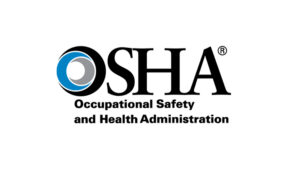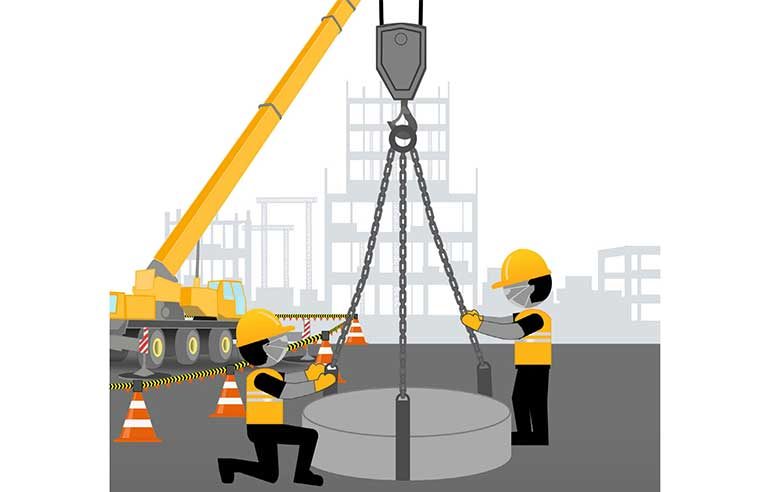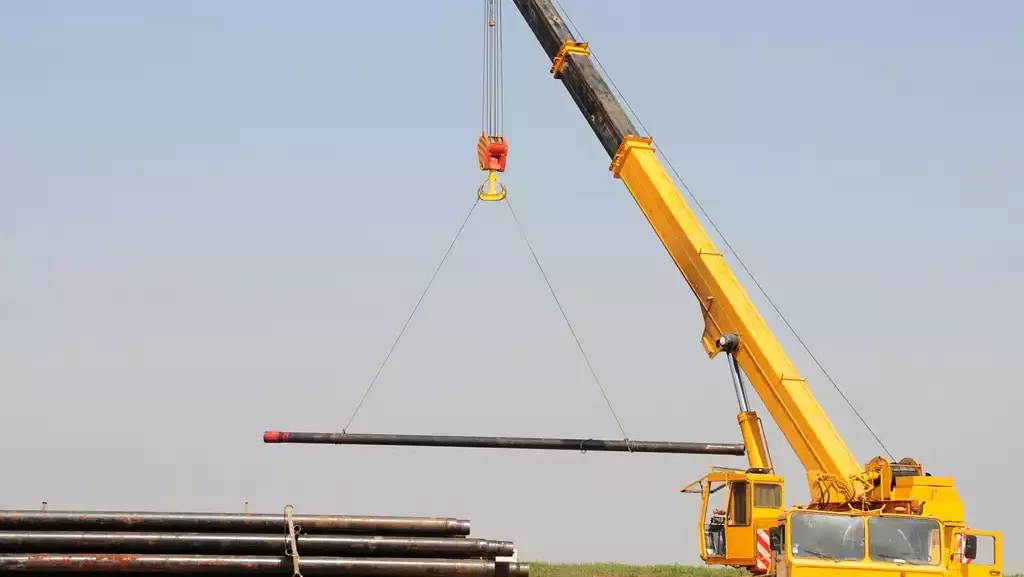 The Occupational Safety and Health Administration (OSHA) plays a crucial role in promoting safety and protecting workers in various industries, including construction. OSHA offers a range of safety courses specifically designed for the construction industry to enhance awareness, knowledge, and compliance with safety regulations. In this article, we’ll explore the OSHA safety courses available for the construction industry and highlight what employers and employees should know.
The Occupational Safety and Health Administration (OSHA) plays a crucial role in promoting safety and protecting workers in various industries, including construction. OSHA offers a range of safety courses specifically designed for the construction industry to enhance awareness, knowledge, and compliance with safety regulations. In this article, we’ll explore the OSHA safety courses available for the construction industry and highlight what employers and employees should know.
- OSHA 10-Hour Construction Industry Course: This course provides an overview of common construction hazards, including fall protection, electrical safety, and hazard communication. It is designed to educate entry-level workers on basic safety practices and their rights and responsibilities under OSHA regulations.
- OSHA 30-Hour Construction Industry Course: The 30-hour course is more comprehensive and covers a broader range of topics, including hazard recognition, personal protective equipment, scaffolding, and excavation safety. It is typically recommended for supervisors, foremen, and workers with safety responsibilities.
- OSHA Focus Four Training: The Focus Four hazards include falls, electrocutions, struck-by incidents, and caught-in or caught-between hazards. OSHA offers specific training on these hazards to help employers and employees identify and prevent accidents related to these high-risk areas.
- Hazard Communication (HazCom): This course focuses on the OSHA Hazard Communication Standard (HCS) and provides information on how to identify, evaluate, and communicate chemical hazards in the construction industry. It covers topics such as labeling requirements, Safety Data Sheets (SDS), and employee training.
- Confined Space Entry: Confined spaces pose significant risks in the construction industry. This course helps employers and employees understand the hazards associated with confined spaces, the importance of proper entry procedures, and the use of personal protective equipment (PPE) in such environments.
- Fall Protection: Falls are a leading cause of injuries and fatalities in construction. OSHA offers courses specifically addressing fall hazards, including the proper use of fall protection systems, guardrails, and personal fall arrest systems (PFAS) to prevent accidents and promote safe work practices at heights.
- Electrical Safety: Construction sites involve various electrical hazards. OSHA’s electrical safety courses cover topics like electrical hazards recognition, lockout/tagout procedures, and the safe use of equipment and tools in electrical environments.
- Scaffolding Safety: Scaffolding accidents can result in serious injuries. OSHA provides training on the proper erection, use, and dismantling of scaffolding systems, as well as the identification and mitigation of scaffold-related hazards.
- Excavation and Trenching Safety: Excavation and trenching operations have inherent risks. OSHA offers training on soil classification, protective systems, and safe work practices to prevent cave-ins, falls, and other hazards associated with excavation work.
- Personal Protective Equipment (PPE): This course focuses on the proper selection, use, and maintenance of personal protective equipment in construction. It covers various types of PPE, including respiratory protection, eye and face protection, head protection, and hearing protection.
Employers should ensure that their workers receive the appropriate OSHA safety training based on their roles and responsibilities. They should provide adequate time for training and encourage active participation. Employees should actively engage in the training, ask questions, and apply the knowledge gained to their work practices. Both employers and employees should recognize that safety is a shared responsibility and that ongoing training and reinforcement are essential to maintain a safe work environment.
 In conclusion, OSHA safety courses provide invaluable knowledge and skills to enhance safety awareness, prevent accidents, and ensure compliance with regulations in the construction industry. Employers and employees should be aware of the available.
In conclusion, OSHA safety courses provide invaluable knowledge and skills to enhance safety awareness, prevent accidents, and ensure compliance with regulations in the construction industry. Employers and employees should be aware of the available.
What is the role of OSHA in the construction industry?
The Occupational Safety and Health Administration (OSHA) plays a crucial role in promoting safety and protecting workers in various industries, including construction. OSHA offers a range of safety courses specifically designed for the construction industry to enhance awareness, knowledge, and compliance with safety regulations.
What are some of the OSHA safety courses available for the construction industry?
OSHA offers several safety courses for the construction industry, including the 10-Hour and 30-Hour Construction Industry Courses, Focus Four Training, Hazard Communication (HazCom), Confined Space Entry, Fall Protection, Electrical Safety, Scaffolding Safety, Excavation and Trenching Safety, and Personal Protective Equipment (PPE) training.
What is the importance of OSHA safety courses in the construction industry?
OSHA safety courses provide invaluable knowledge and skills to enhance safety awareness, prevent accidents, and ensure compliance with regulations in the construction industry. They help employers and employees understand the hazards associated with construction work and the importance of proper safety practices and equipment. Both employers and employees should recognize that safety is a shared responsibility and that ongoing training and reinforcement are essential to maintain a safe work environment.
